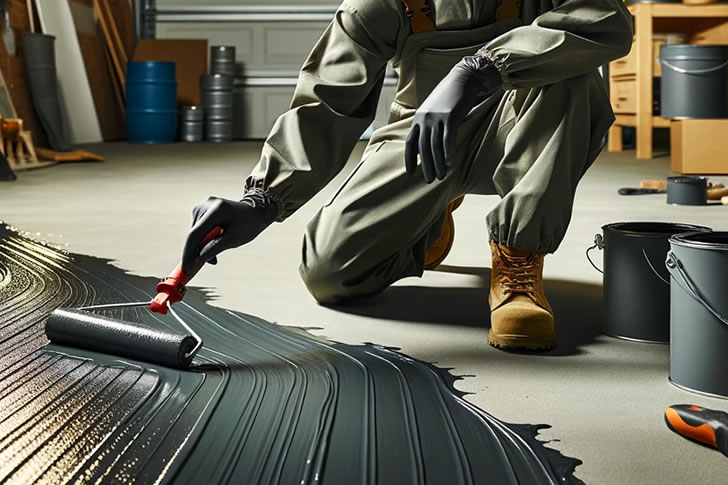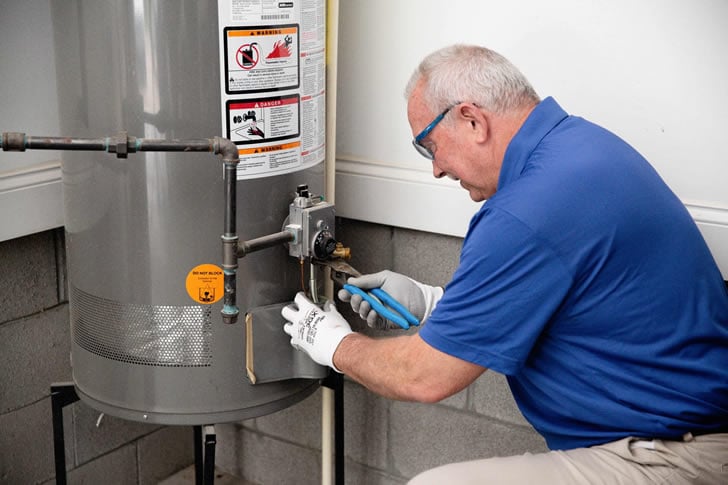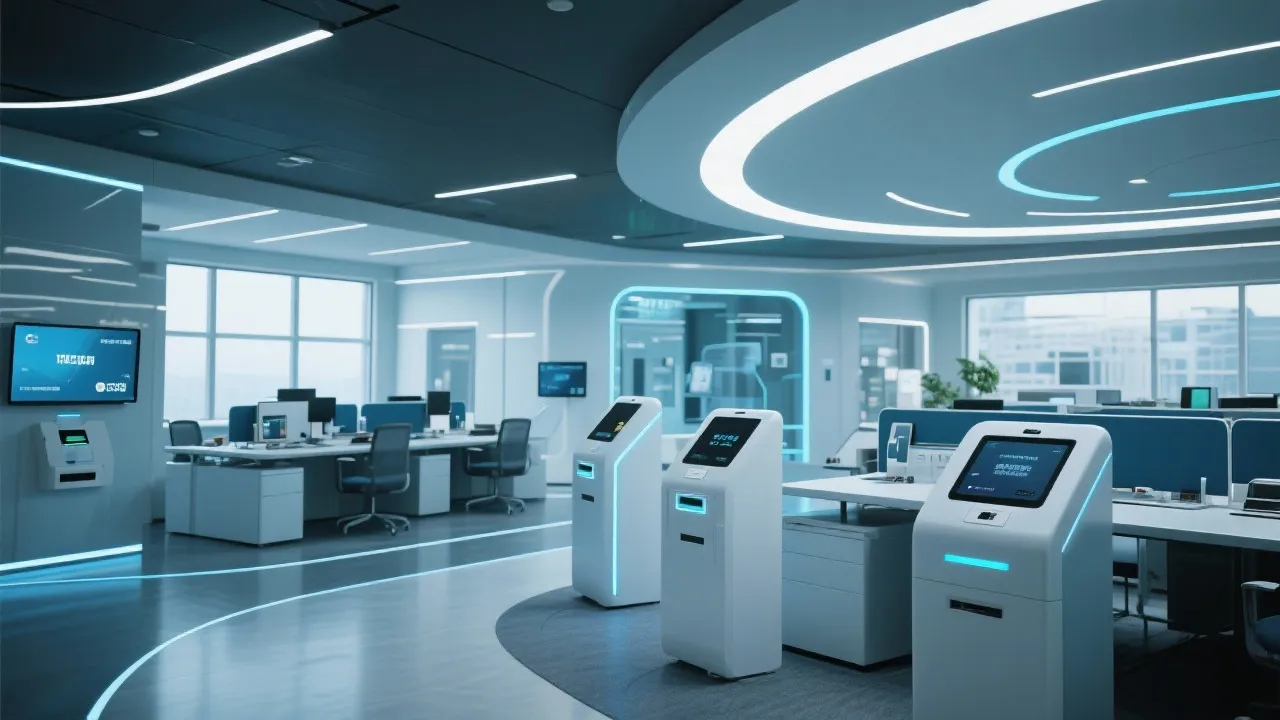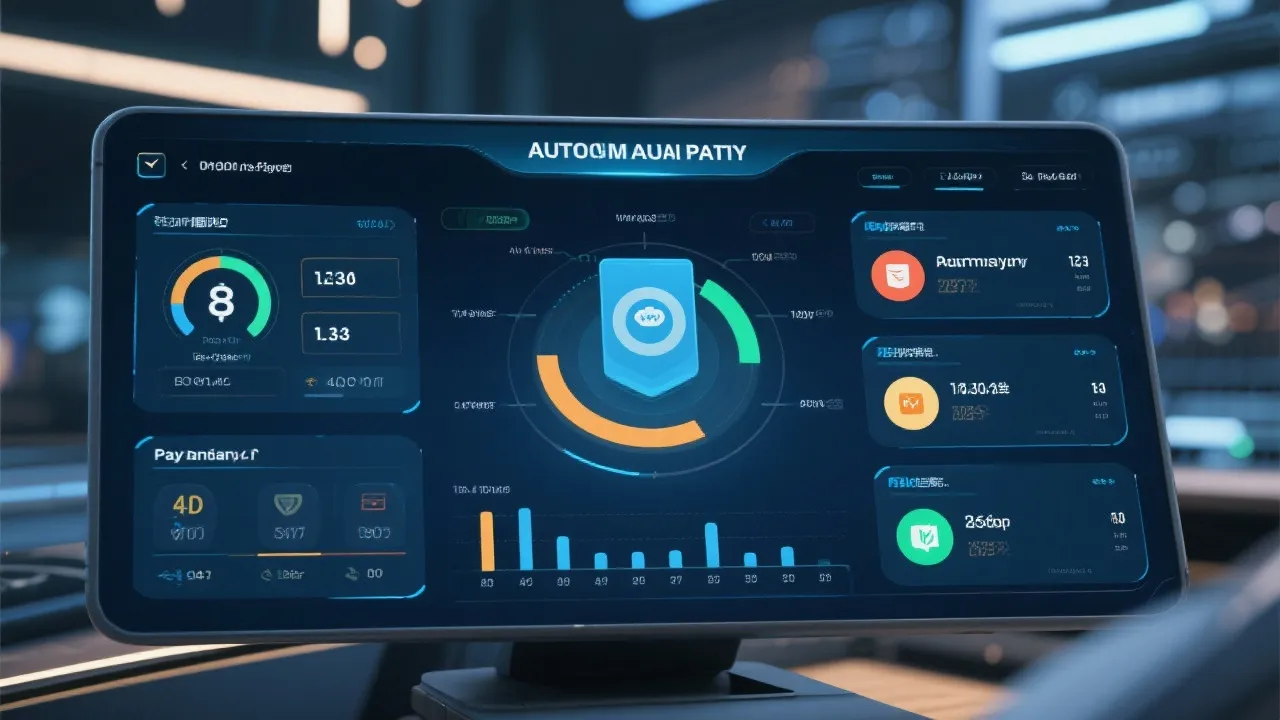Understanding Industrial Flooring Solutions
Industrial flooring is a crucial component in various sectors, providing durability and resistance to heavy loads and chemicals. These floors are used in manufacturing plants, warehouses, and distribution centers. Designed to resist wear and tear, industrial floors can be made from concrete, epoxy resin, and other robust materials. Understanding the options and their applications is essential for businesses seeking longevity and performance.
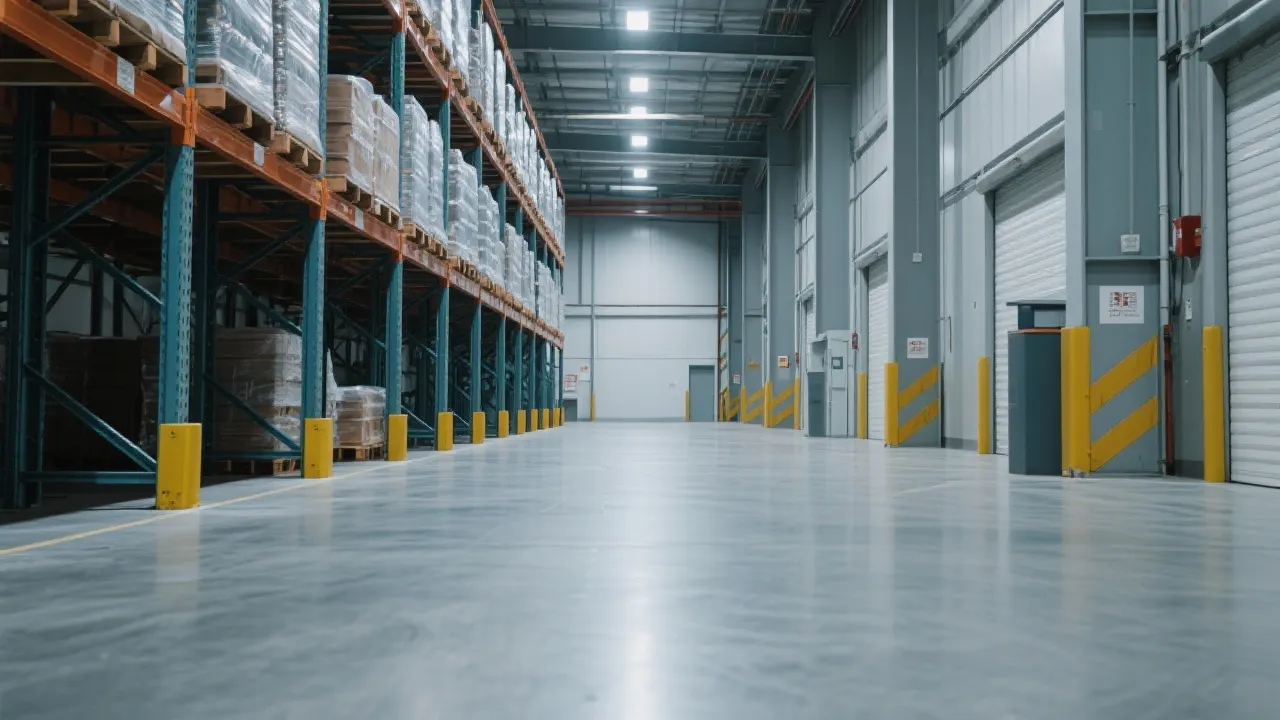
Understanding Industrial Flooring
Industrial flooring, often a pivotal aspect of industrial settings, offers durability and tailored functionality to a wide array of environments including factories, warehouses, and distribution centers. Designed to withstand heavy loads, chemical spills, and frequent traffic, these surfaces are integral to maintaining operational efficiency. The use of appropriate flooring types not only enhances productivity but also contributes to the safety and well-being of workers. Properly installed and maintained flooring can prevent the costly downtime associated with failures and accidents, making it a crucial investment for any industrial operation.
Types of Industrial Flooring
The choice of industrial flooring depends on specific environmental conditions and usage requirements. Various types are prevalent in the industry, each suited to particular applications:
- Concrete Floors: Often chosen for their robustness and cost-effectiveness, concrete surfaces can be reinforced or coated with sealants to enhance their durability. They are ideal for heavy load-bearing areas and can be further treated with additives to improve their performance in specific applications. For instance, polished concrete is increasingly popular across commercial spaces due to its aesthetic appeal and ease of maintenance.
- Epoxy Resin Floors: Known for their chemical resistance and ease of cleaning, epoxy floors are commonly used in settings where hygiene and cleaning frequency are essential, such as food processing plants and hospitals. Epoxy coatings can also be applied over existing floor surfaces, providing a seamless finish that eliminates cracks and joints where dirt can accumulate.
- Polyurethane Floors: These floors offer flexibility and are more resistant to thermal shock than other flooring options, making them suitable for environments with temperature variations. Additionally, polyurethane flooring typically has excellent wear resistance, making it ideal for manufacturing plants where machinery operates under heavy conditions.
- Vinyl Industrial Floors: Used in settings where anti-static or slip-resistant properties are required, vinyl floors offer both safety and comfort underfoot for personnel. These floors can be designed to incorporate various colors and patterns, making them aesthetically versatile while increasing visibility for safety purposes.
Key Considerations for Choosing Industrial Flooring
While selecting the appropriate industrial flooring, several factors should be contemplated to ensure the flooring fulfills its intended purpose and delivers the best value. The specific conditions of the environment can significantly influence material selection:
- Load Bearing Capacity: Evaluate the load the floor will need to support, particularly if heavy machinery or substantial inventory levels are involved. Understanding the weight distribution and frequency of heavy equipment is crucial for choosing the right material.
- Chemical Resistance: For industries handling chemicals, ensuring the flooring is resilient against potential spills is critical to maintaining integrity. Conducting a thorough analysis of the types of chemicals that may impact the floor can save significant costs in repairs and replacements.
- Aesthetic and Safety Needs: Considerations for slip-resistance and corporate branding may influence the type of finish and design. Safety ratings should guide choices in environments prone to spills or where liquids are regularly present.
- Maintenance Requirements: Ease of cleaning and maintaining the floor can significantly influence long-term upkeep costs. Regular maintenance schedules and appropriate cleaning tools should complement flooring selection to maximize lifespan.
Expert Insights and Best Practices
Industry experts advise early planning and consultation with flooring specialists to tailor flooring solutions that align with operational demands. Evaluating lifecycle costs versus initial outlay often reveals opportunities for savings and enhances performance. By incorporating feedback from floor users and maintenance staff, organizations can select materials that not only meet formal specifications but also enhance comfort and usability.
Regular training on maintenance practices and clear communication about safety issues related to flooring can play a pivotal role in extending the life of industrial floors. Implementing a smart floor monitoring system can also alert management to wear and damage before they escalate into larger issues.
Pisos Industriais: Uma Perspectiva Global
A nível global, a busca por pisos industriais que misturam durabilidade com soluções ambientais está em alta. A inovação nesse setor está focando não apenas em resistência e durabilidade, mas também em soluções sustentáveis, reduzindo o impacto ambiental das instalações industriais. Materiais reciclados e processos de fabricação que minimizam desperdícios estão se tornando cada vez mais comuns nesta indústria, promovendo um desenvolvimento mais sustentável.
A tendência de aumento na regulação ambiental também impulsiona a adoção de pisos industriais que atendem a padrões ambientais elevados. Isto não só ajuda as empresas a se conformarem com a legislação, mas também melhora a imagem da marca diante de consumidores cada vez mais conscientes.
Tabela Comparativa de Pisos Industriais
| Tipo de Piso | Vantagens | Desvantagens |
|---|---|---|
| Concreto | Durável, custo-efetivo, versátil | Requer manutenção regular, pode rachar sob condições extremas |
| Epóxi | Resistente a produtos químicos, fácil de limpar, esteticamente agradável | Requer preparação detalhada da superfície, sensível à temperatura durante a aplicação |
| Poliuretano | Flexível, resistente a choques térmicos, variedade de acabamentos disponíveis | Custo inicial mais alto, pode exigir aplicação profissional |
| Vinílico | Excelente resistência a impactos e produtos químicos, redução de ruído | Pode não ter a mesma durabilidade que o concreto ou epóxi em áreas de carga pesada |
FAQs
1. Quanto tempo dura um piso industrial?
Pisos industriais bem mantidos podem durar entre 10 a 20 anos, dependendo do tipo de material e das condições de uso. Fatores como a frequência de uso, a intensidade do tráfego e a qualidade do cuidado contribuem para a longevidade do piso.
2. Os pisos industriais precisam de manutenção regular?
Sim, assim como qualquer outra instalação, pisos industriais precisam de manutenção para assegurar durabilidade e desempenho. Este trabalho pode incluir limpezas regulares, inspeções de desgaste e reparos quando necessário.
3. É possível personalizar um piso industrial para necessidades específicas?
Certamente, profissionais do setor frequentemente trabalham com clientes para desenvolver soluções personalizadas. Isso pode envolver desde a escolha do material apropriado até a inclusão de características de design que atendam às necessidades operacionais e estéticas das instalações.
4. Quais são as inovações recentes em pisos industriais?
As inovações incluem o uso de materiais sustentáveis, como resinas de origem biológica, e tecnologias de instalação que reduzem o tempo de inatividade durante a aplicação. Além disso, a integração de tecnologias que permitem monitoramento em tempo real e a análise do desempenho do piso está se tornando cada vez mais comum.
5. Como a escolha do piso industrial pode impactar a segurança dos trabalhadores?
A escolha adequada do piso pode reduzir significativamente o risco de quedas e lesões. Pisos com propriedades antiderrapantes ou absorventes de impactos podem criar um ambiente mais seguro, especialmente em locais onde movimentos rápidos e cargas pesadas estão envolvidos.
Conclusion
A comprehensive understanding of industrial flooring entails not just the types available and their attributes but also an awareness of environmental factors, safety regulations, and the latest innovations sustaining the industry. The selection process should empower businesses to address their specific challenges while ensuring a commitment to safety and sustainability. By investing in the right flooring solutions, companies can enhance operational efficiency, assure the safety of their workforce, and contribute positively to environmental stewardship.

